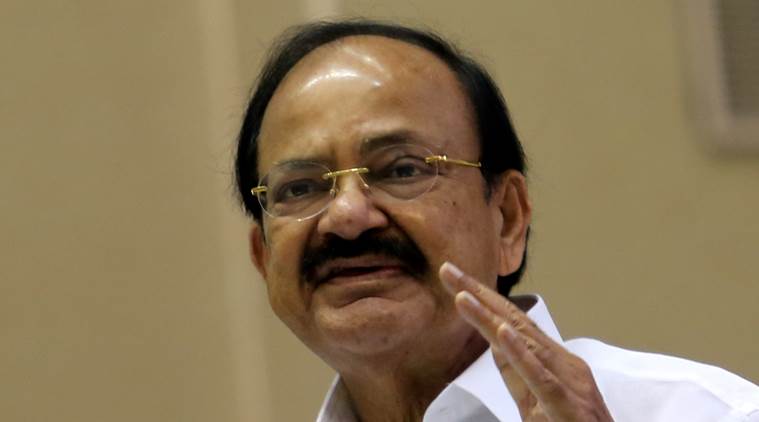 Vice President and Rajya Sabha Chairman Venkaiah Naidu.
Vice President and Rajya Sabha Chairman Venkaiah Naidu.
Noted academic and legal expert Professor N R Madhava Menon on Monday backed Rajya Sabha Chairman M Venkaiah Naidu’s decision to reject the notice submitted by seven Opposition parties on a motion for impeachment of Chief Justice of India Dipak Misra, saying he was “within his powers” to do so and that it would have been “grave injustice” to admit it.
“He is within his powers to reject it. That’s written in Article 124 of the Constitution, but the only question is on what grounds”, he said, adding that there was need for great caution while dealing with Constitutional functionaries. Menon added, “Here you are dealing with the Chief Justice of India. To my mind, it would have been a great injustice if it was admitted in this manner. Even coming late to office can be misbehaviour. But that’s not what the Constitution demands”.
A delegation of MPs from Opposition parties led by Congress last Friday submitted the notice for an impeachment motion, accusing Misra of corruption, misuse of authority and failing to protect the independence of judiciary.
Menon termed the petition moved by the 64 Rajya Sabha MP’s as “ill-conceived, unfortunate and regrettable”.
He opined that a section of the political establishment was trying to take advantage of the January 12 press meet by four seniormost judges of the apex court and seeking “to malign the highest judicial functionary with little or no credible evidence to support the move”.
“The Vice President/Rajya Sabha Chairman is supposed to satisfy himself that a prima facie case exists supported by credible, relevant and admissible evidence which can stand the scrutiny of a criminal court”, he said, adding that the Chairman has to be convinced that “the alleged misbehaviour is grave enough and is provable in criminal proceedings on the basis of relevant, admissible and credible evidence.” He said that the charges against CJI Misra did not appear to be of such gravity as to qualify the test of “misbehaviour”. Timing of the petition was also suspect, he added.
Speaking to The Indian Express Sunday, senior advocate and Congress leader Kapil Sibal, who was one of the prime movers of the motion to remove the CJI from office, had said the Rajya Sabha Chairman had no quasi-judicial powers to decide on the merits of the notice, and it would be for the Committee that would be set up under the Judges (Inquiry) Act to take a decision.
Former CJI K G Balakrishnan, however, begged to differ. “He may not be a quasi-judicial authority, but suppose the very allegations do not make out a case, then he should have the right to reject it”, he said. The right of the Rajya Sabha Chairman or Lok Sabha Speaker to reject a notice for impeachment motion is also a guarantee against misuse of the provision for politically motivated purposes, he added. Balakrishnan was, however, quick to point out that one should not miss the point that “Rajya Sabha members were also responsible persons”.
Eminent jurists Soli Sorabjee and Fali Nariman also did not find fault with Naidu’s decision. PTI reported that immediately after the rejection order, Sorabjee said that if the opposition moves the apex court to challenge the decision, he did not see chances of their success.
Nariman said Naidu, as chairman of Rajya Sabha, was the only statutory authority to take the decision on the notice.
“When you have a man like the chief justice of the Supreme Court, it (impeachment notice) has to have something that is far more important than just saying he did not do this or that. The vice president has the statutory authority and he has rightly rejected the notice,” Nariman told a news channel, according to PTI.